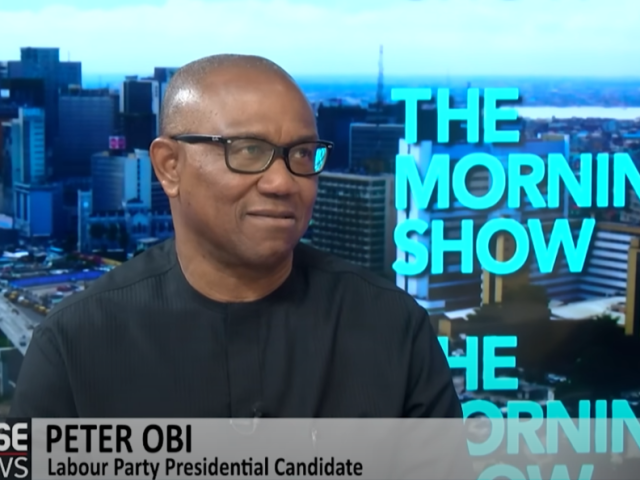IN SHORT: Amid economic hardship in Nigeria, the purchase of luxury vehicles by the senate for its members has sparked criticism. But claims that the senate president said eradicating poverty endangers democracy are unfounded.
Godswill Akpabio was elected as Nigeria’s 10th senate president in February 2023. The position is the highest authority in the national assembly.
Nigeria’s national assembly consists of the senate or upper chamber, with 109 members, and the house of representatives, with 360 members.
Despite the high inflation rate and economic downturn of the country, the senate bought large luxury vehicles for all of its 109 members, citing the conditions of Nigeria’s roads as one of its reasons.
The purchase has attracted negative reactions from Nigerians around the country.
Now a message shared on Facebook here and here claims Akpabio said eradicating poverty in Nigeria was a threat to democracy.
The post reads: “BREAKING: If we completely eradicate poverty in the country, our democracy will be in great danger – Senate President.”
But did the senate president really make this provocative statement? We checked.

No proof Akpabio said this
None of the posts mentioned when or on what occasion Akpabio made the statement. The absence of such details is often an indication that a claim is false.
We searched through the national assembly website and the official X handle of the senate president but found no evidence of him making the statement.
Such a statement from a high-profile government official would have made headlines if it were true, but we found no credible media reports to support the claim.
Republish our content for free
For publishers: what to do if your post is rated false
A fact-checker has rated your Facebook or Instagram post as “false”, “altered”, “partly false” or “missing context”. This could have serious consequences. What do you do?
Click on our guide for the steps you should follow.
Publishers guideAfrica Check teams up with Facebook
Africa Check is a partner in Meta's third-party fact-checking programme to help stop the spread of false information on social media.
The content we rate as “false” will be downgraded on Facebook and Instagram. This means fewer people will see it.
You can also help identify false information on Facebook. This guide explains how.



Add new comment